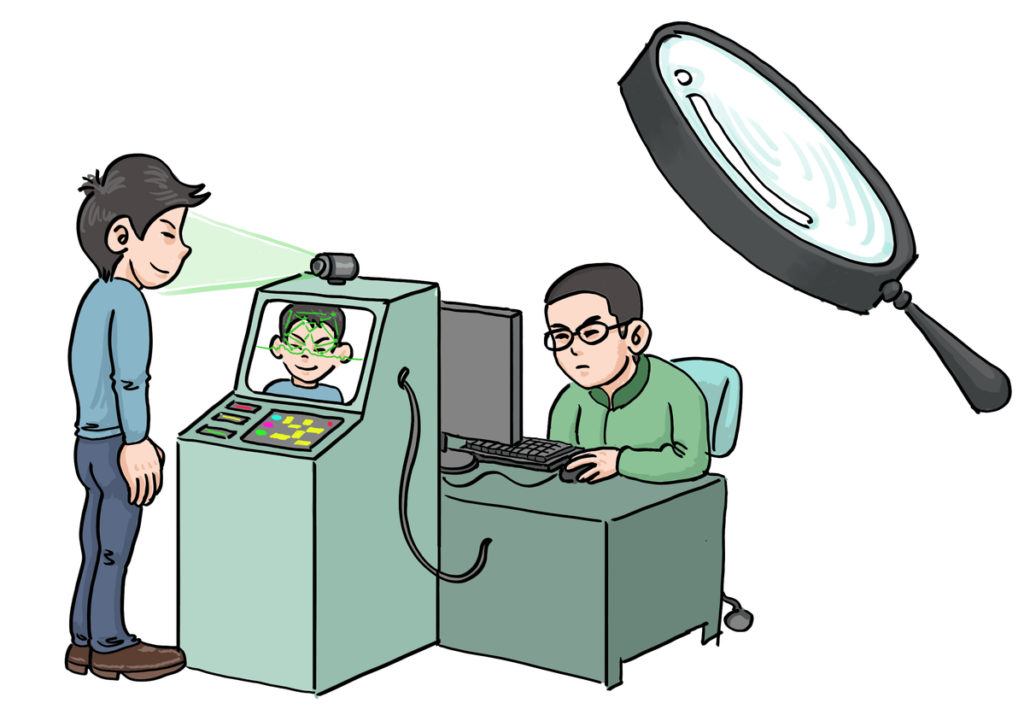
GUO BING, AN ASSOCIATE PROFESSOR of law at Zhejiang Sci-Tech University, has sued a local safari park because it requires members to mandatorily enter via a facial recognition lane.
Guo sued the park for compulsorily collecting biological information after it upgraded its system to use facial recognition for admission, arguing that it was violating China’s consumer protection law by compulsorily collecting individual facial characteristics of visitors. The lawsuit has already been accepted by a local court, becoming the first court case involving the use of facial recognition in China.
Yet the safari park is neither the first commercial company to collect facial information nor is Guo the first person to have his facial information collected. For years, many gyms, office buildings, even zoos have installed facial recognition devices at their entrances.
The advantage they list is always the same: convenience. With facial recognition, each member can easily pass within one second. With facial recognition, the organization can easily store the information of members and match them with its database to know who is who, and provide tailored services if they want.
However, there are also disadvantages and risks. Where is all the facial information stored? Is it secure? Is the organization collecting the information trustworthy or is there the possibility it may sell facial information to an illegal profit chain? All these questions are there, waiting for an answer.
That does not mean that facial recognition technology should be forbidden, as like any technology, whether it is harmful or not depends on how it is used.
However, proper rules are needed on who can collect facial information and what constitutes proper use. While it is reasonable for law enforcement purposes, facial features are sensitive personal information, as Guo said, and can jeopardize consumers’ safety if leaked.
The organizations that collect and store human facial information must be regulated. It goes too far to allow commercial companies, such as the zoo in this instance, to freely collect facial information and use it at will.



